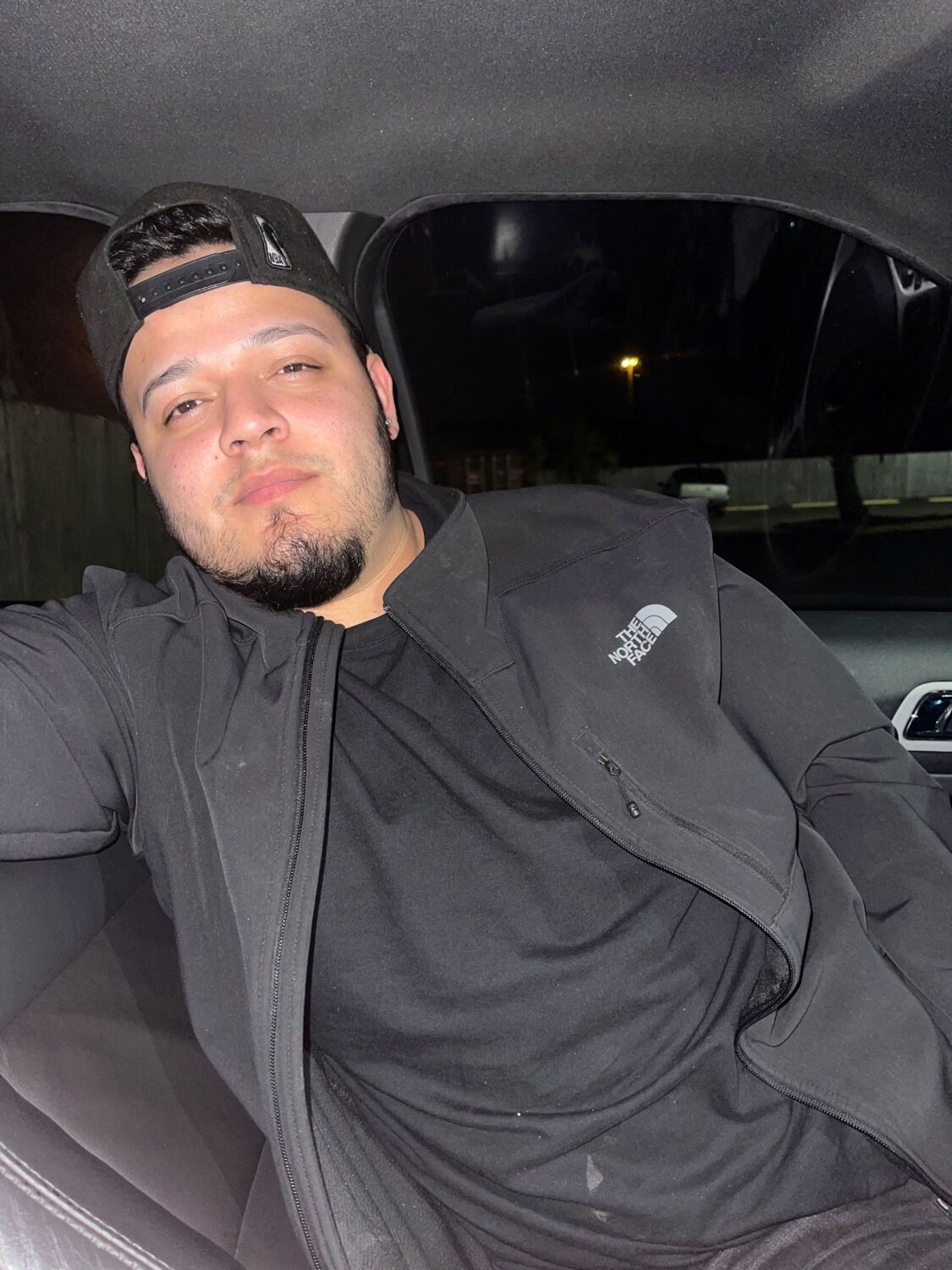
By Devan Cole, CNN
(CNN) — Kilmar Abrego Garcia could be released from criminal custody as soon as Friday, the latest development in a dramatic legal saga surrounding the wrongly deported Maryland father of three.
Abrego Garcia has for months been behind bars in Tennessee since he was returned to the US from El Salvador, where he was unlawfully deported in mid-March, to face human smuggling charges.
Two federal judges in Nashville have turned down a request from federal prosecutors for him to remain locked up while he awaits trial on the charges, but one of them paused her release order last month for 30 days. That pause is expected to expire on Friday.
His deportation earlier this year and the administration’s protracted battle against judges who demanded officials work to bring him back to the US became a flashpoint in the White House’s controversial effort to carry out an unprecedented deportation campaign as well as its continued battle with the federal judiciary.
Here’s what to know.
Prosecutors did not show that Abrego Garcia is a ‘danger’ to others
Prosecutors mounted a weekslong effort this summer to keep Abrego Garcia behind bars pending his trial on the pair of human smuggling charges, which is set to begin in January.
They sought to paint him as a dangerous criminal whose alleged crimes and personal history warranted detention while his case unfolded. But both a magistrate judge in Nashville and the federal judge overseeing his trial resoundingly rejected those arguments.
“The government’s general statements about the crimes brought against Abrego, and the evidence it has in support of those crimes, do not prove Abrego’s dangerousness,” US District Judge Waverly Crenshaw wrote in a 37-page ruling last month as he rebuffed a request from prosecutors to reverse a similar ruling from the magistrate judge.
Just after Crenshaw issued his ruling, the magistrate judge – Barbara Holmes – said in another decision that Abrego Garcia would remain behind bars for at least 30 more days, granting an unopposed request by his lawyers for him to stay in criminal custody. Abrego Garcia’s lawyers had made the request in an effort to ensure hasty deportation proceedings wouldn’t begin once he’s released from custody.
Guardrails around a second deportation
The same day Crenshaw issued his ruling, the federal judge in Maryland who ordered the Trump administration to “facilitate” Abrego Garcia’s return from a mega-prison in El Salvador issued her own ruling that set up guardrails intended to prevent officials from deporting him again with little regard for his due process rights.
How and whether that decision is complied with will be closely watched in coming days.
Administration officials have wavered this summer on whether they would deport Abrego Garcia before his criminal trial begins in January, and Judge Paula Xinis expressed concern last month over the possibility that he could be swiftly removed once he’s released from custody in Tennessee.
Her ruling bars officials from immediately taking Abrego Garcia into US Immigration and Customs Enforcement custody once he’s released from jail and requires the government to put him back in the immigration situation he was in before he was deported in March.
That includes putting him under supervision by the ICE Baltimore Field Office, which is what his status quo was prior to mid-March. That supervision allowed him to work and live in Maryland, with occasional check-ins with an immigration officer.
But her ruling doesn’t prevent officials from deporting him again.
“Once Abrego Garcia is restored under the ICE Supervision Order out of the Baltimore Field Office, Defendants may take whatever action is available to them under the law,” the judge wrote. “So long as such actions are taken within the bounds of the Constitution and applicable statutes, this Court will have nothing further to say.”
Human smuggling case
Until early June, Abrego Garcia was in El Salvador, where he had spent time in the country’s notorious Cecot mega-prison. US officials deported him there in violation of a 2019 order from a judge that said he could not be deported to his home country because of fears that he would face gang violence.
The administration spent months fighting directives from judges to work to bring him back stateside, but ultimately returned him to the US in June to face the two human smuggling charges.
Federal prosecutors accused Abrego Garcia and others of partaking in a conspiracy in recent years in which they “knowingly and unlawfully transported thousands of undocumented aliens who had no authorization to be present in the United States, and many of whom were MS-13 members and associates.”
Abrego Garcia and his family say he fled gang violence in El Salvador and have denied allegations he’s associated with MS-13.
Earlier this week, Abrego Garcia mounted a bid to have the case thrown out based on his assertion that he’s the subject of “vindictive and selective prosecution” as punishment for his decision to challenge his wrongful deportation.
In court papers, his attorneys pointed to statements made by various administration officials – from President Donald Trump to Attorney General Pam Bondi – to make the case that his prosecution is intended to justify “officials’ false claims that deporting him to El Salvador had been the right thing to do.”
Such requests, they acknowledged, “are infrequently made and rarely succeed. But if there has ever been a case for dismissal on those grounds, this is that case.”
Crenshaw has asked for a response early next month.
The-CNN-Wire
™ & © 2025 Cable News Network, Inc., a Warner Bros. Discovery Company. All rights reserved.



